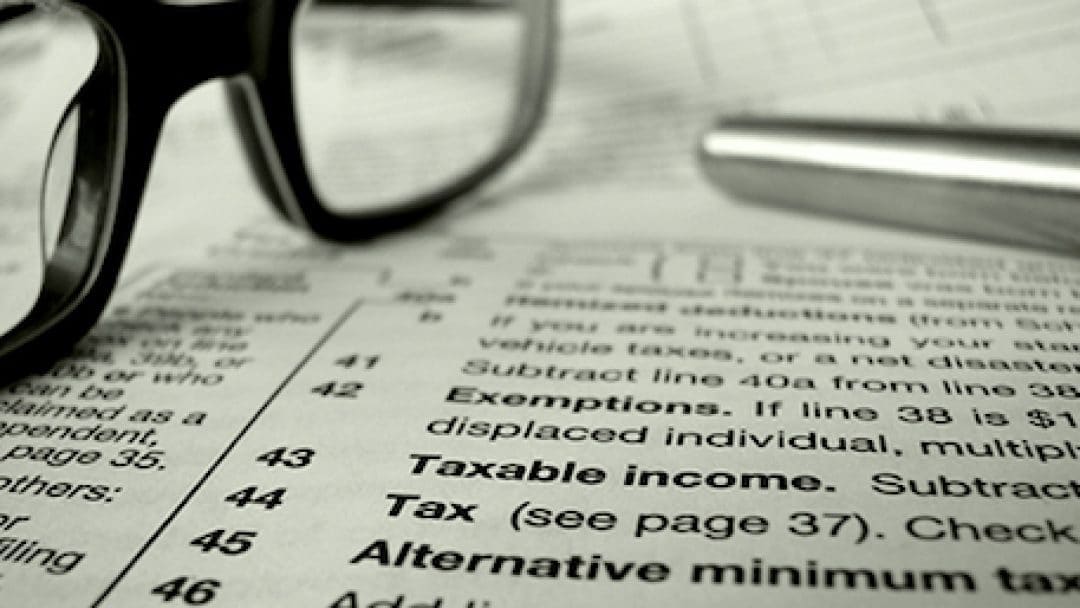After a delayed vote in the Arizona legislature, state officials are still unsure how they will calculate 2018 tax bills.
This vote that was delayed in the legislature was a routine vote to decide how the state and federal tax codes would work in conjunction with each other. The issue at the heart of the debate is whether or not Arizona should earn more than in previous years due to the new federal tax code.
With the new federal tax code established in 2017, many people will have a higher taxable income, due to caps on different tax deductions such as mortgage interest. This makes matters more complicated this year. Usually, the state lawmakers will keep the state’s income calculation the same as the federal standard, but this could have consequences for residents. This could create a much higher tax bill for people and more money for the state.
Two measures will be discussed early next week. These choices will only apply to the 2018 tax season, postponing any decisions on how future years will be handled.
The options at hand seek to use tax cuts as a method to prevent a huge increase in state revenue. One idea is to slightly reduce state tax rates by about .11 percent. The other idea is to mostly conform to federal income rules, but omit any changes that would drastically increase Arizona’s revenue.
Governor Doug Ducey and some Democrats believe that some of the windfall that would result from conforming to the federal tax code could be put to good use by paying off debt or saving for future use.
The Ducey administration advises tax preparers to prepare taxes as if Arizona will conform to federal tax code for now. If the decision is made not to conform, early filers might have to file an amended return, following the new rules.
Arizona is not the only state facing these issues after the passage of the new federal tax code. Virginia and Kansas lawmakers are facing similar problems in their state legislatures.








